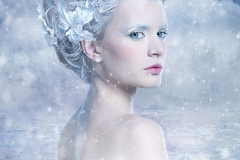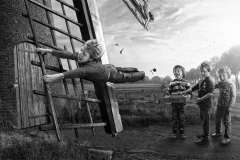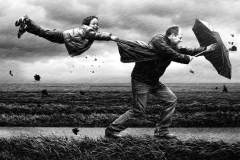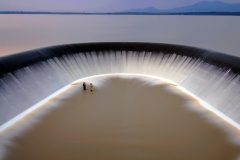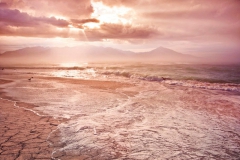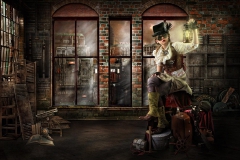Photographing is a great form of art and can relieve stress. If you feel comforted by the act of framing and shooting unique images, you may also have the ability to relax yourself when enjoying photography. To paraphrase a common saying, you can say a thousand words with a single photo.
Don’t be afraid to break some photography rules with your camera. When you take photographs, you should be working to develop your own personal style. You want to show the photographed item through your point of view. Try to avoid the style of photos that you may have seen many times before. Using your creative skills, try using some fresh angles.
For landscape photography, attempt to capture the natural depth of the view. By placing a person or familiar object in the foreground of your photo, you will provide the viewer with a sense of scale. Choosing an aperture that is small — no larger than f/8 on a consumer level digital camera or f/16 on an SLR using a full-frame sensor — will keep everything from the background to the foreground sharp.
Here is a good photo tip! You need to experiment with shutter speeds. Your camera has settings labeled A,M,P, and S. Program mode is indicated by the “P”. This function is for your camera to automatically detect various aspects of lighting and will adjust the shutter speed and aperture for you. For general use, the “P” setting is the right one to choose.
Look for the right types of things to take pictures of. You could have wonderful equipment, excellent skill in composition and the technical end of photography, but without a good subject, you won’t have a good picture. When searching for the best subject for your photography, choose one that actually inspires you.
Though there are techniques that can help you be a better photographer, they are not secrets and can be learned easily. Continue experimenting and learning, and with experience over time, your pictures will markedly improve. If you have a digital camera, you’ll probably end up deleting some of your pictures: you don’t have to develop them all if you don’t like them. Gaining experience with photography will allow you to use hindsight to get a better view.
When you desire to go into photography, it is important that you learn about proper composition. Like other art forms, if the composition is lacking, the work is not the best it can be. Study different composition methods and practice them. This will make you a much more well-rounded photographer.
Challenge your preconceived notions regarding expressions, perspective and even scale. Even the simplest of objects can be viewed as works of art, if you portray it in such a way. Your composition of your photos will create interest when you are creative with common objects.
There’s a myth that white is an excellent color to wear for photos, but this is false. Cameras generally have an auto-focus setting that attempts to “read” the available light. Colors and shades present will affect this reading. This nearly always causes white to appear muted and lackluster in a shot.
Take the time to read your camera’s manual from front to back. Manuals can be thick, heavy and contain a lot of technical terms. People will shove them in a drawer or even toss them in the trash. Instead of throwing it out, take the time to read it. There are a lot of dumb mistakes and sub-par techniques you can easily avoid if you review your camera’s manual.
Photographing isn’t for everyone, but anyone can enjoy pictures. Through photography, you can capture memories that the rest of the world may have otherwise missed. Photography is a very enriching hobby. Once you get good enough, you will find satisfaction in sharing your pictures with your friends or perhaps the world.

